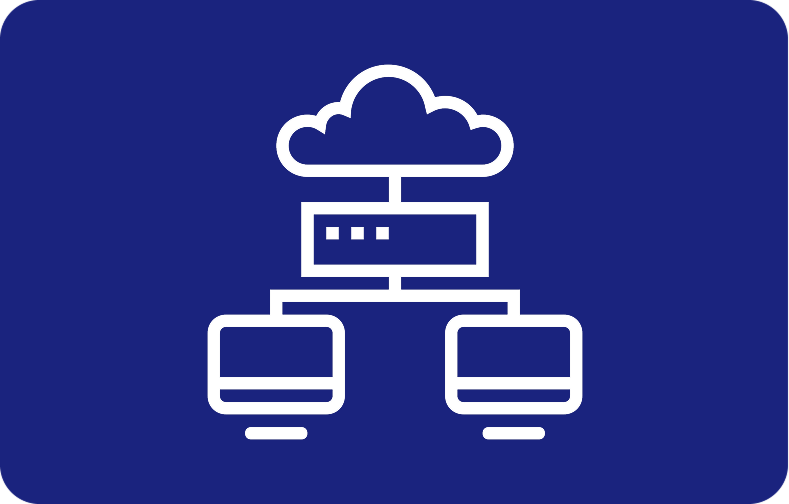Introduction
A LAMP server is a dynamic and powerful web development platform that comprises four key open-source components.
These are:
-
Linux
-
Apache
-
MySQL server
-
PHP programming language
A LAMP server is an ideal solution for businesses that require a robust and scalable web server that can be easily customized to suit their needs.
Thanks to their ability to work seamlessly across various operating systems, including Windows, Linux, and OSX, LAMP VPSs are designed to offer a high level of flexibility that other web development platforms cannot match!
Key Advantages
One of the key advantages of a LAMP VPS is that it is a virtual private server or VPS. This means businesses can rent a virtual machine completely isolated from other machines on the same physical server. This isolation level allows businesses to enjoy higher security, reliability, and performance than a traditional shared hosting plan.
Furthermore, a LAMP VPS offers businesses complete control over their server environment. This means they can install and customize any software they need without worrying about compatibility issues or limitations imposed by a third-party hosting provider.
With root access to the server, businesses can customize the server configuration to their specifications, ensuring they have the resources to support their website and applications.
To sum it up, a LAMP VPS is an excellent choice for businesses requiring a powerful, scalable, customizable web development platform.
With its flexible architecture, robust security features, and ability to work across a range of operating systems, a LAMP VPS offers businesses a level of control and flexibility that is simply unmatched by other web development platforms. And with a free trial available, there's never been a better time to try it!






.png)


